Torres EVX safety
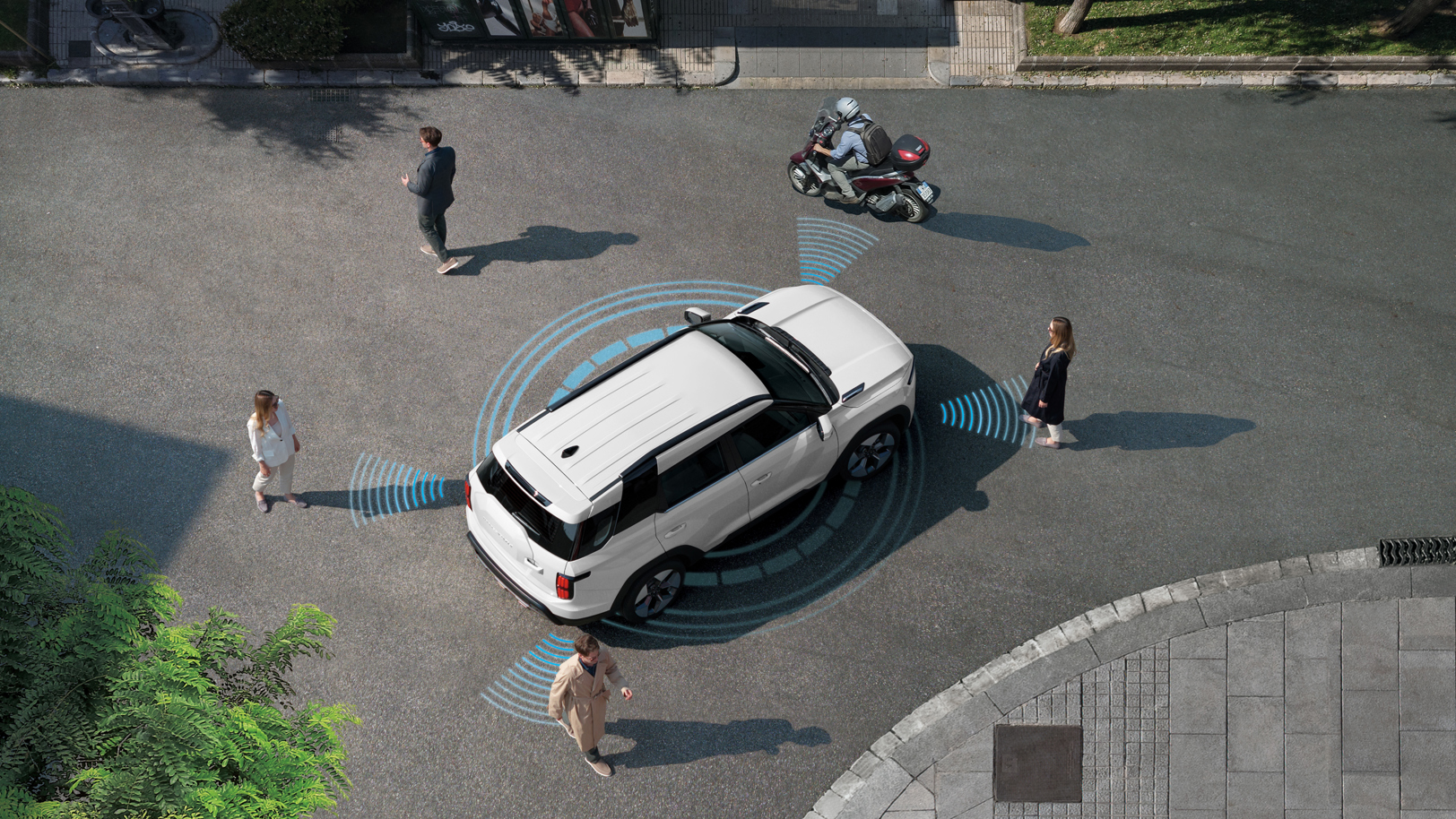
Actively keeping you safe
Active safety equipment includes eight airbags as well as 81% utilisation of high-tensile steel within the chassis construction to achieve the highest level of structural safety amongst its competitors. The Advanced Driver Assistance System (ADAS) safety technology and Intelligent Adaptive Cruise Control (IACC) actively control the vehicle and prevent the risk of an accident.
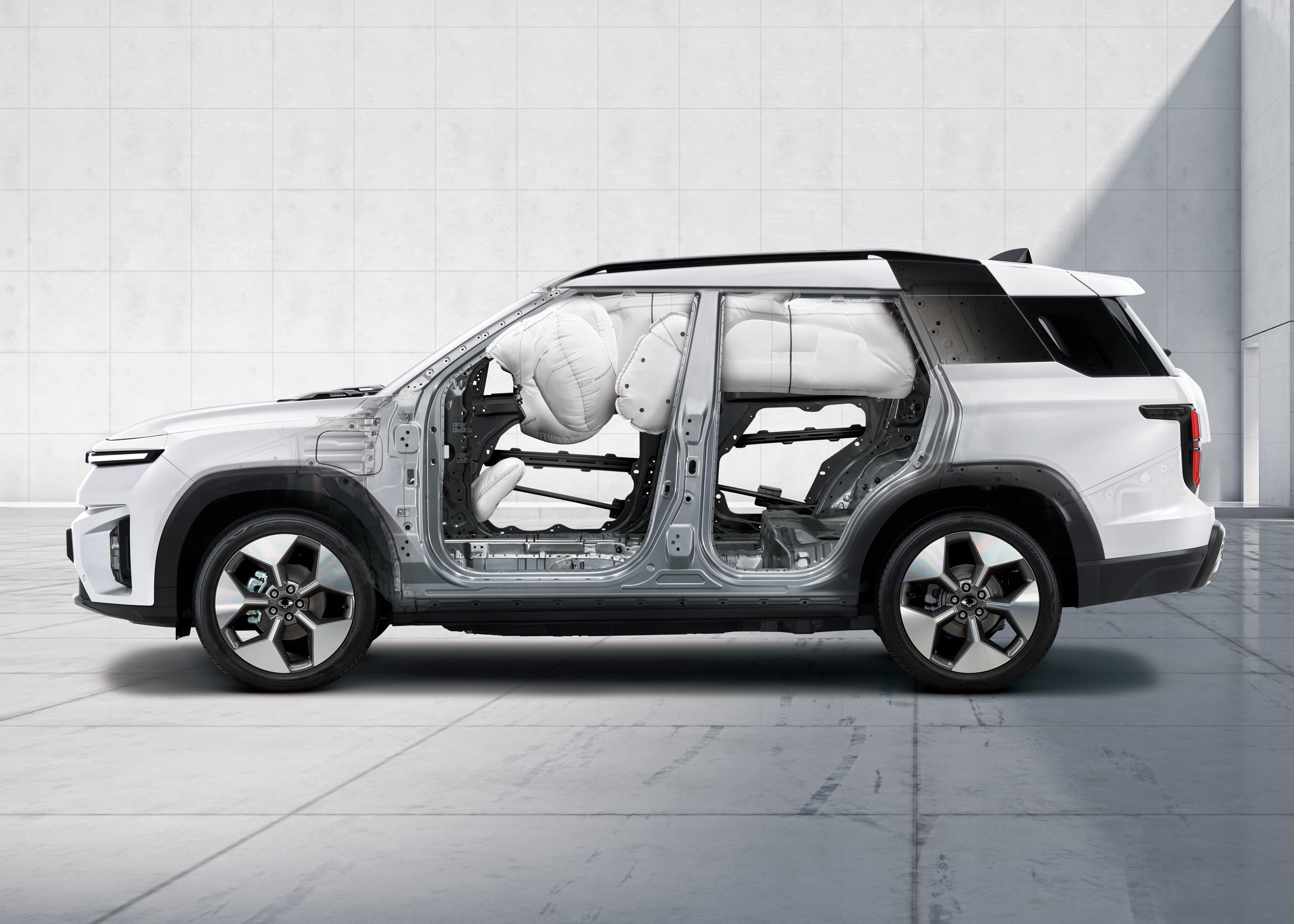
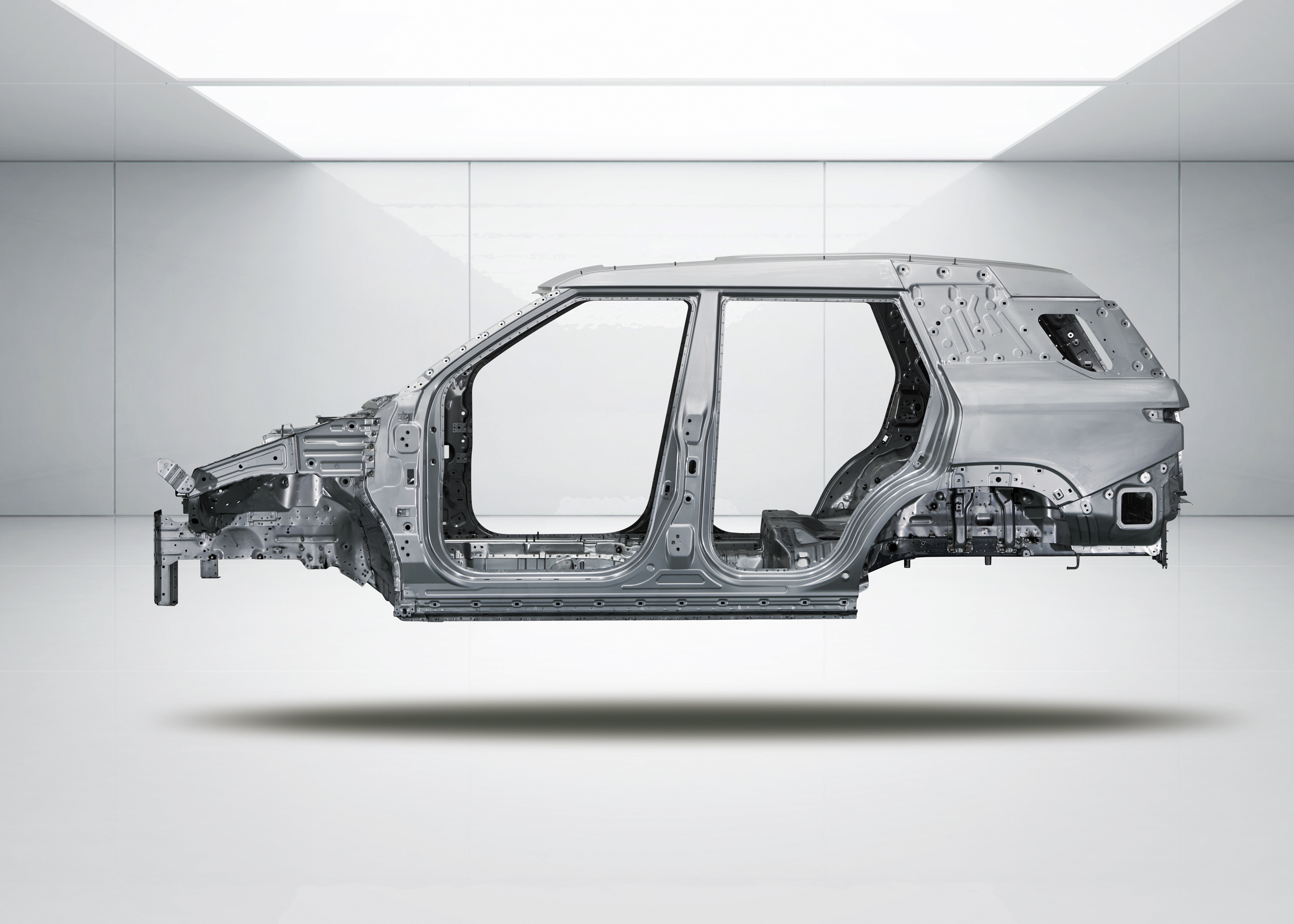
Stability & Braking aids
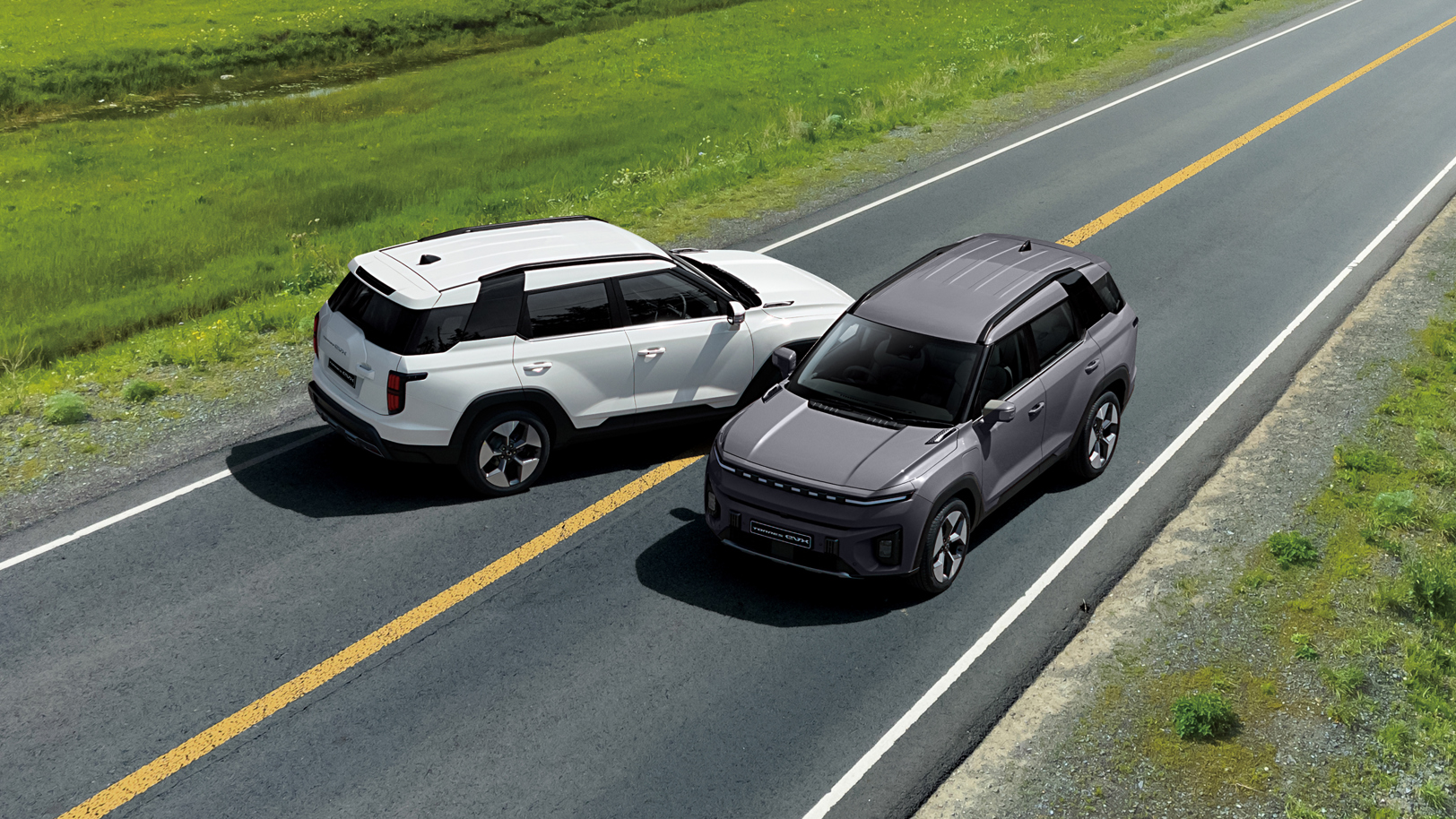
autonomous emergency braking (AEB)
Automatically prevents collisions by applying the brakes when a potential collision is detected.
Electronic stability control (esc)
Monitors conditions, adjusting engine output and braking to prevent loss of control, integrating ABS, rollover protection and more.
Traction control system (TCS)
Detects if any of the wheels are losing their grip on the road and automatically corrects the problem to ensure the car's stability.
brake assist system (bas)
The system recognises the driver's intention to do an 'emergency stop' and increases the brake force to help reduce braking distance, increasing protection in an emergency.
Anti-rollover protection (arp)
When the vehicle encounters a sharp turn at high speed, the system adjusts the braking force on each wheel and controls the engine power, helping to prevent a rollover.
Safety aids
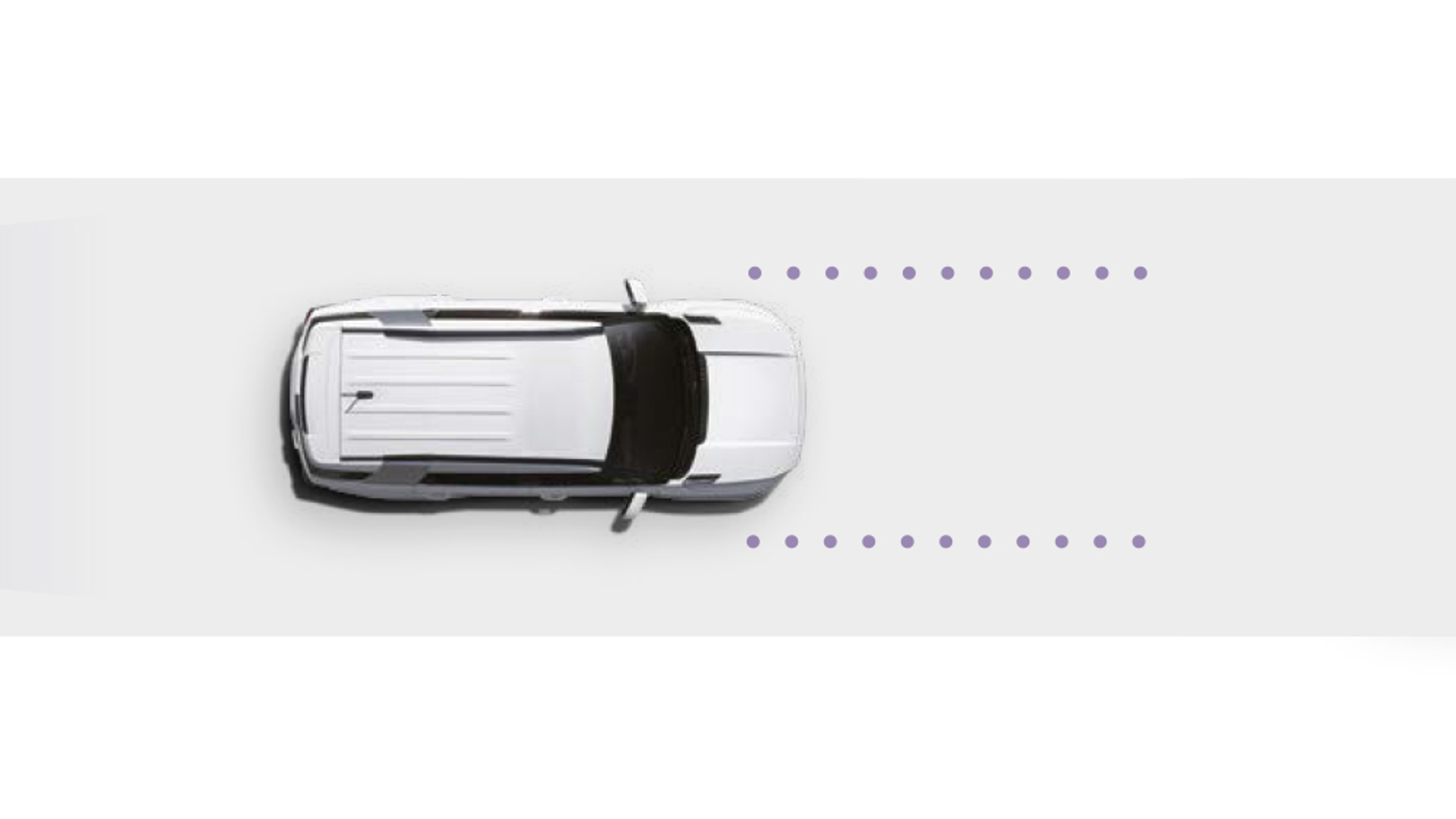
lane departure warning
Warns the driver when the vehicle starts to drift out of its lane unless turn indicators are activated.
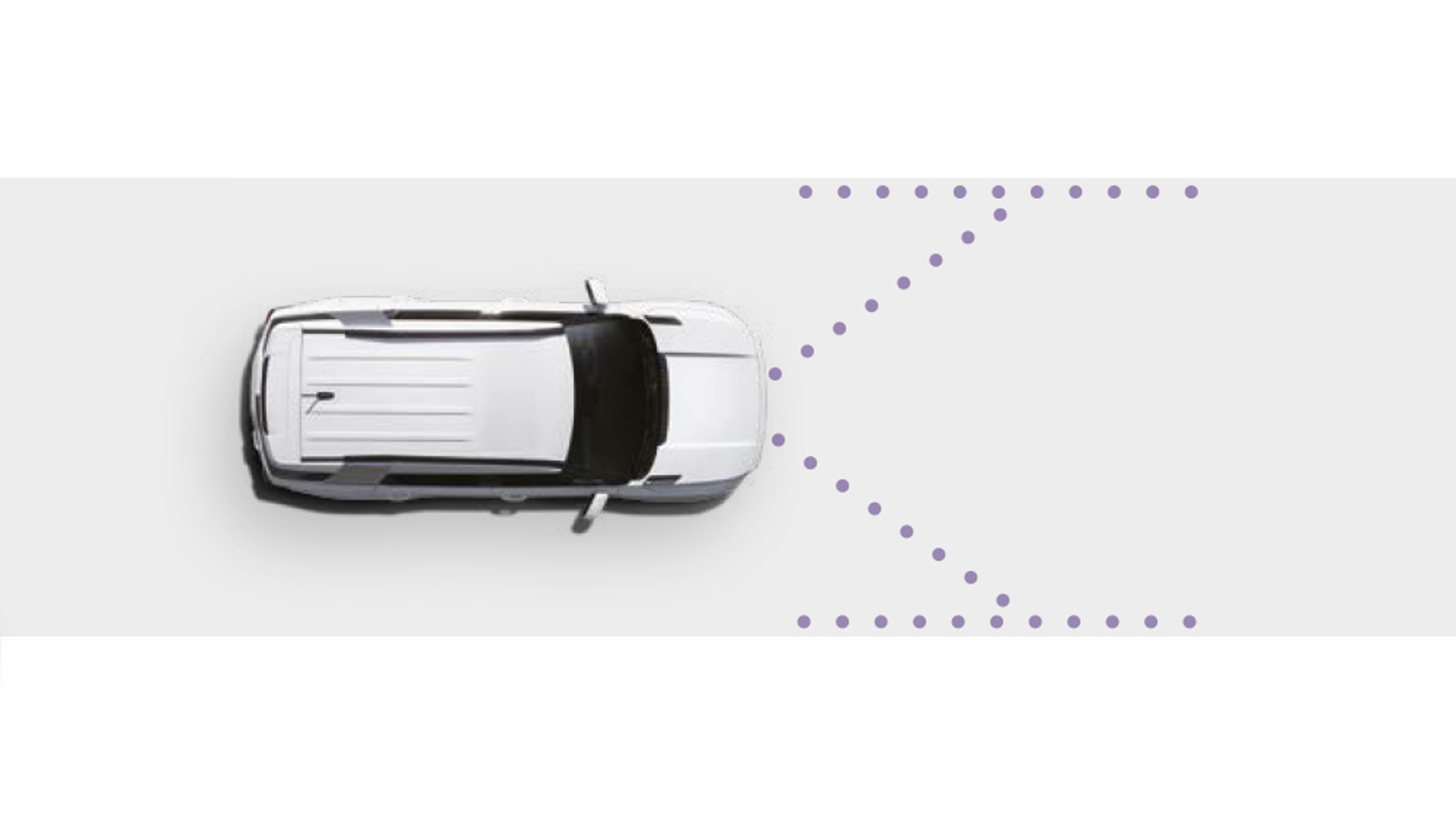
lane keeping assist
Electronically warns the driver if the vehicle unintentionally departs from its lane without using turn indicators.
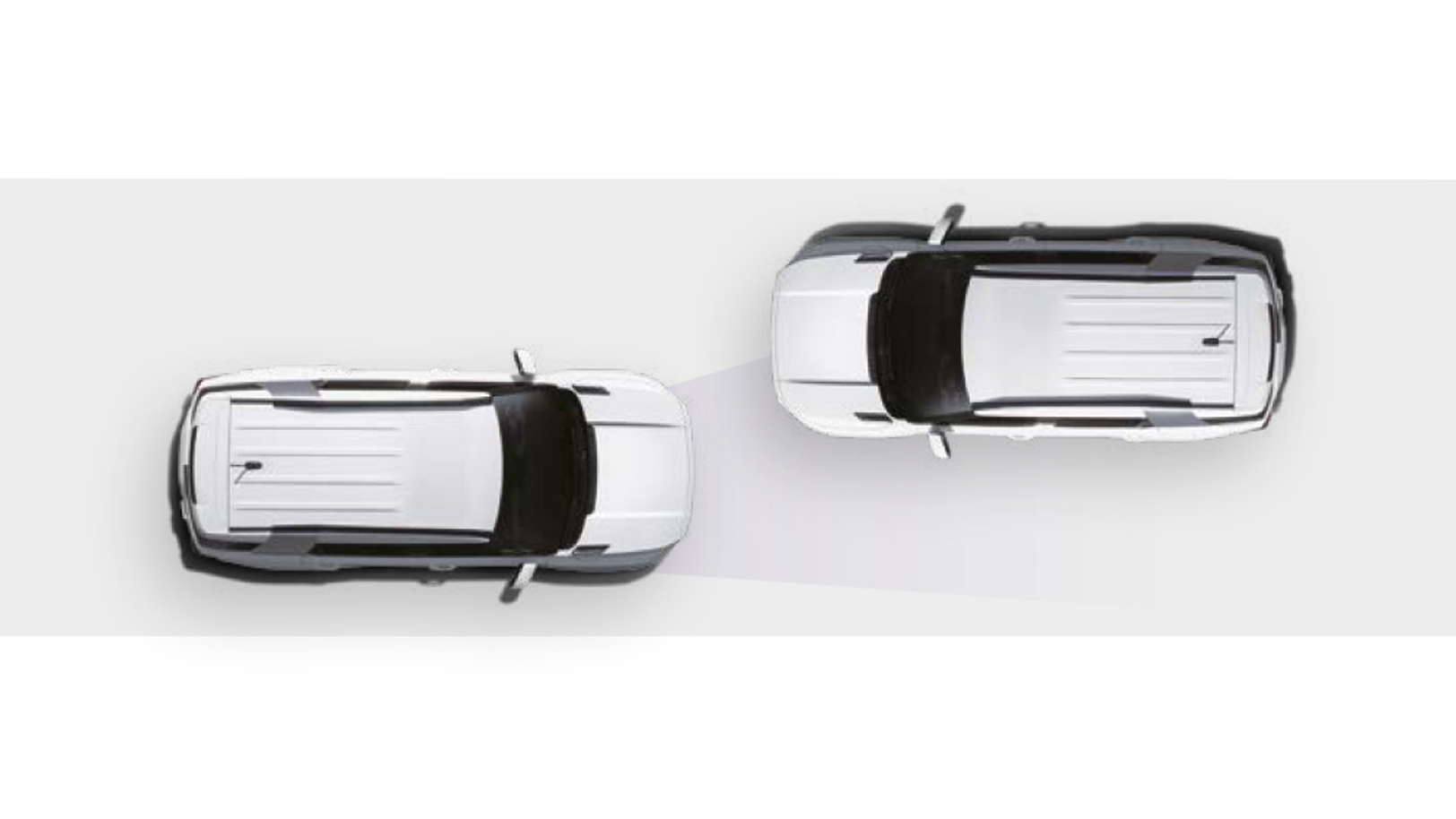
High beam assist
Recognises oncoming vehicles at night, automatically switching between main and dipped beam headlights.
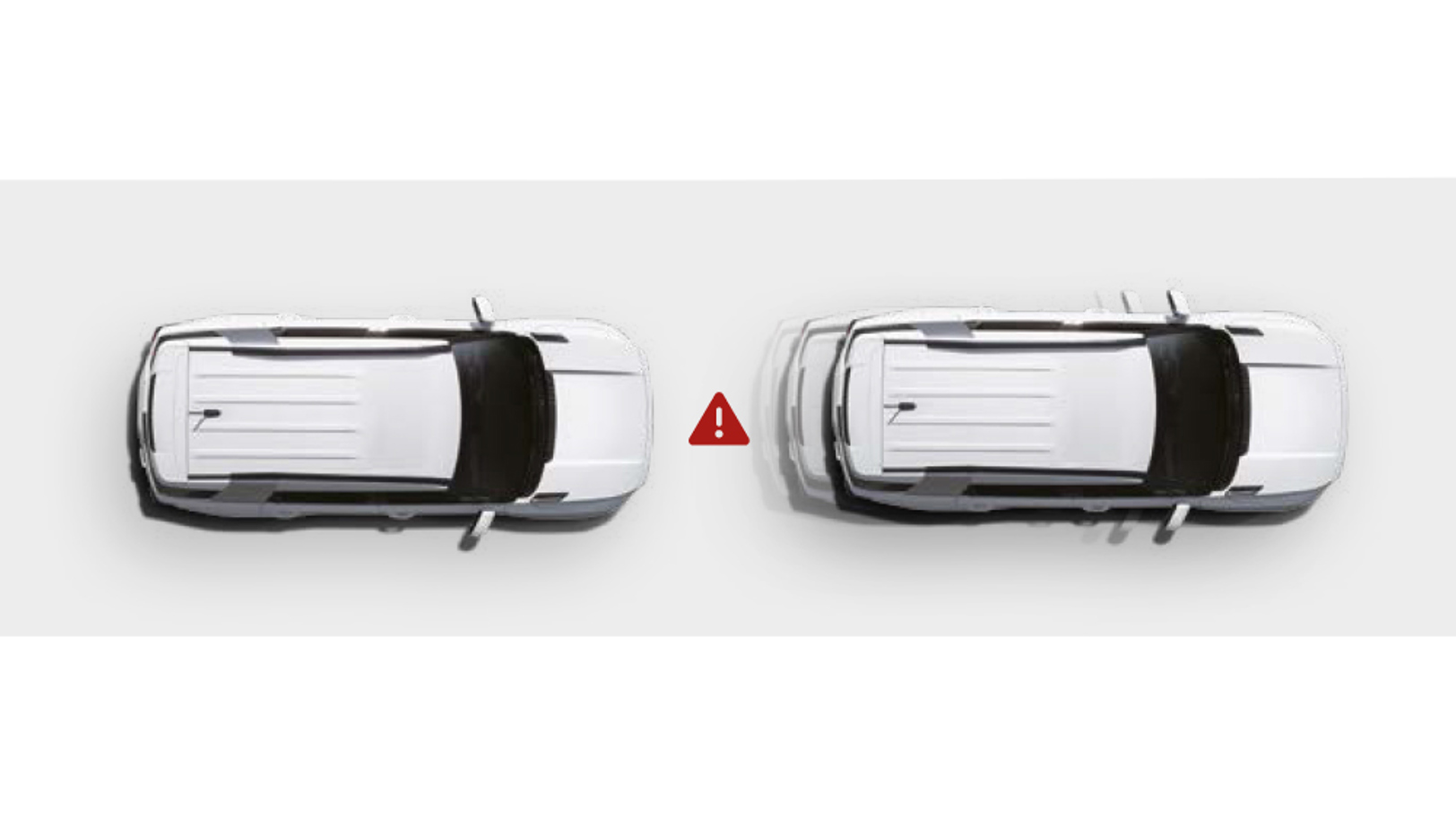
Front vehicle start warning (fvsw)
Notifies the driver when the vehicle in front is moving away.
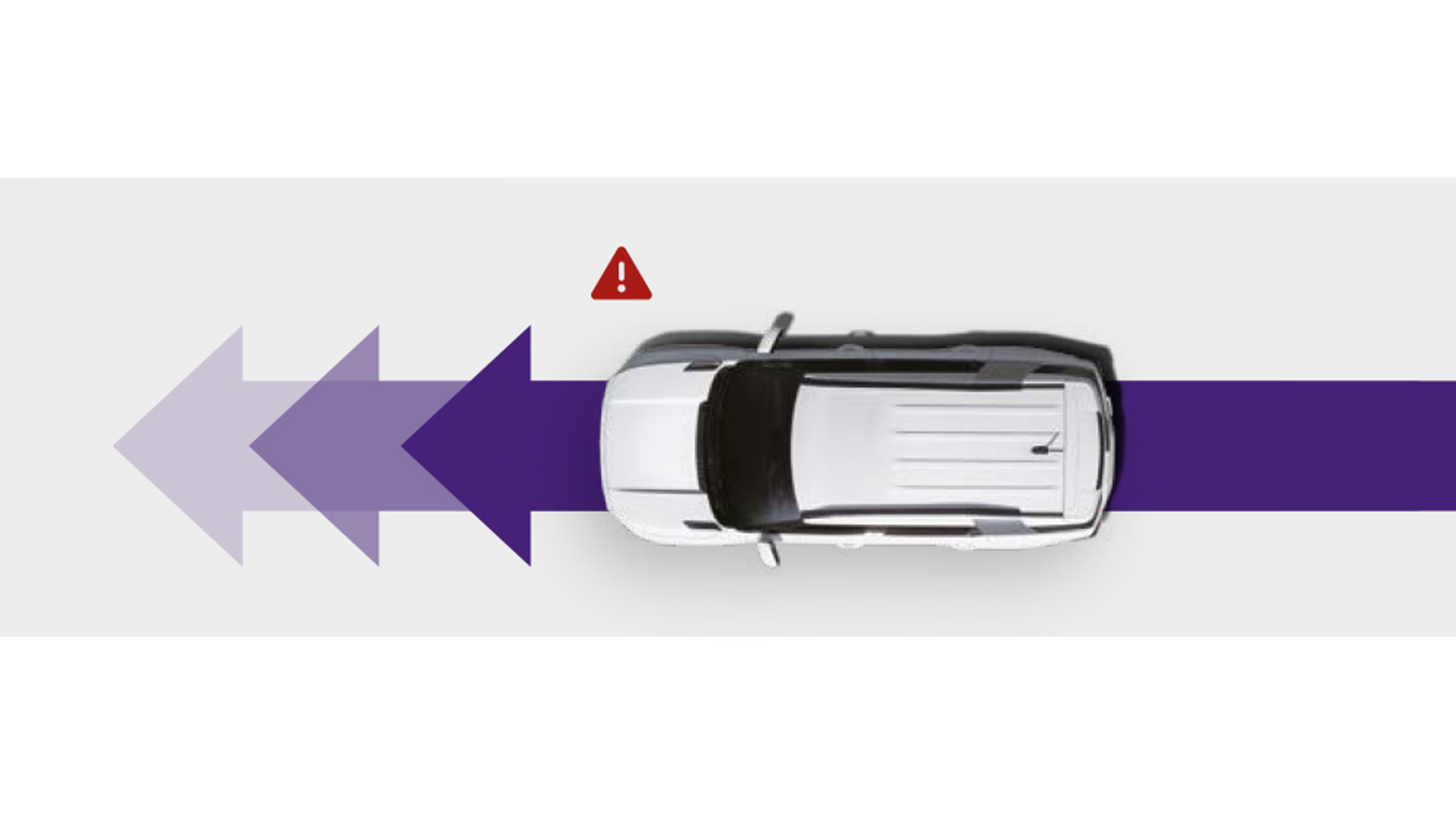
Driver attention warning (daw)
Aims to reduce accidents caused by driver fatigue, activating at speeds above 65 km/h by monitoring driver behaviour.
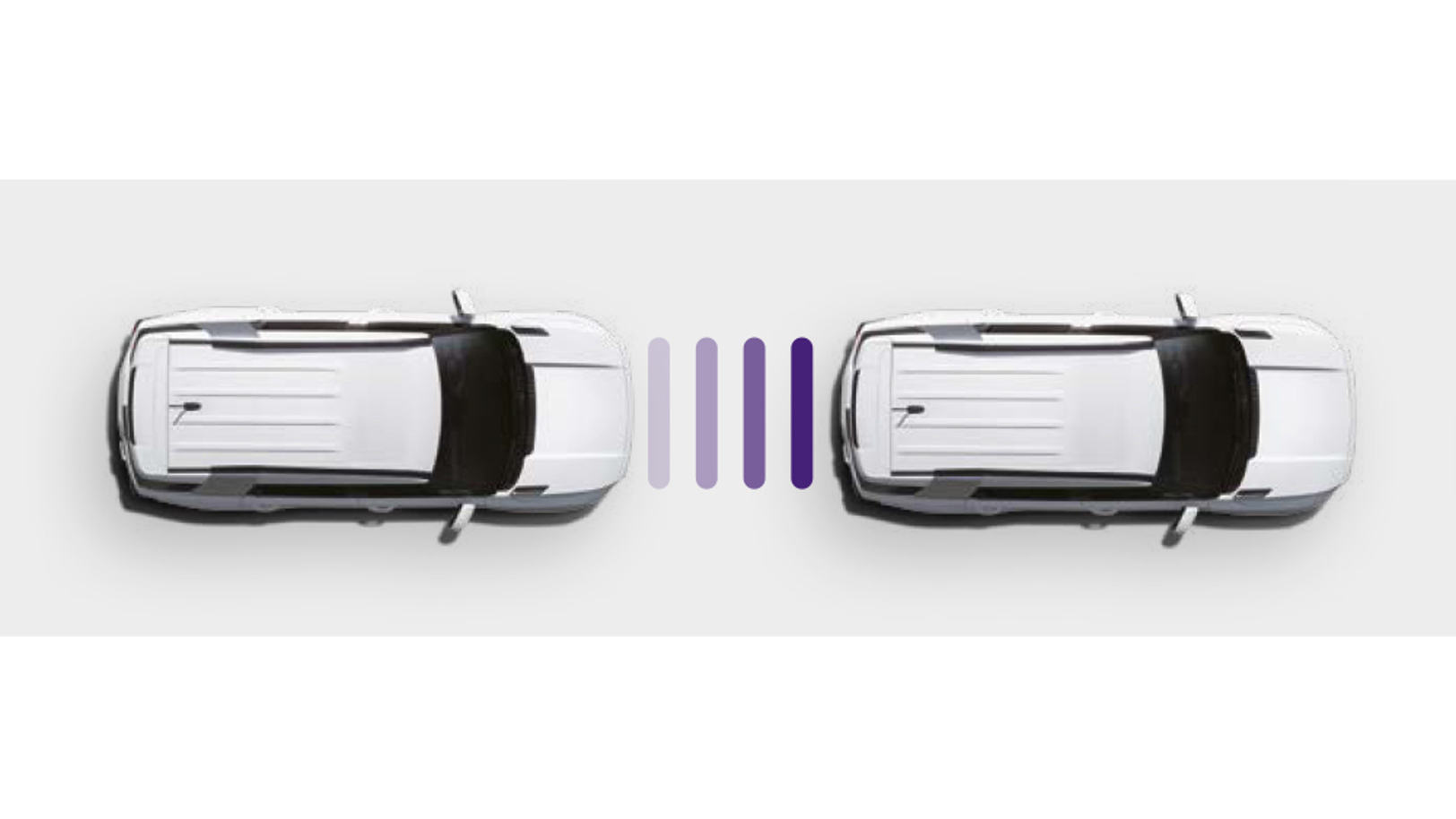
Safety distance warning (Sdw)
Warns the driver of a potential collision with a vehicle ahead or a pedestrian in the traffic lane, preceding the Active Safety Brake.
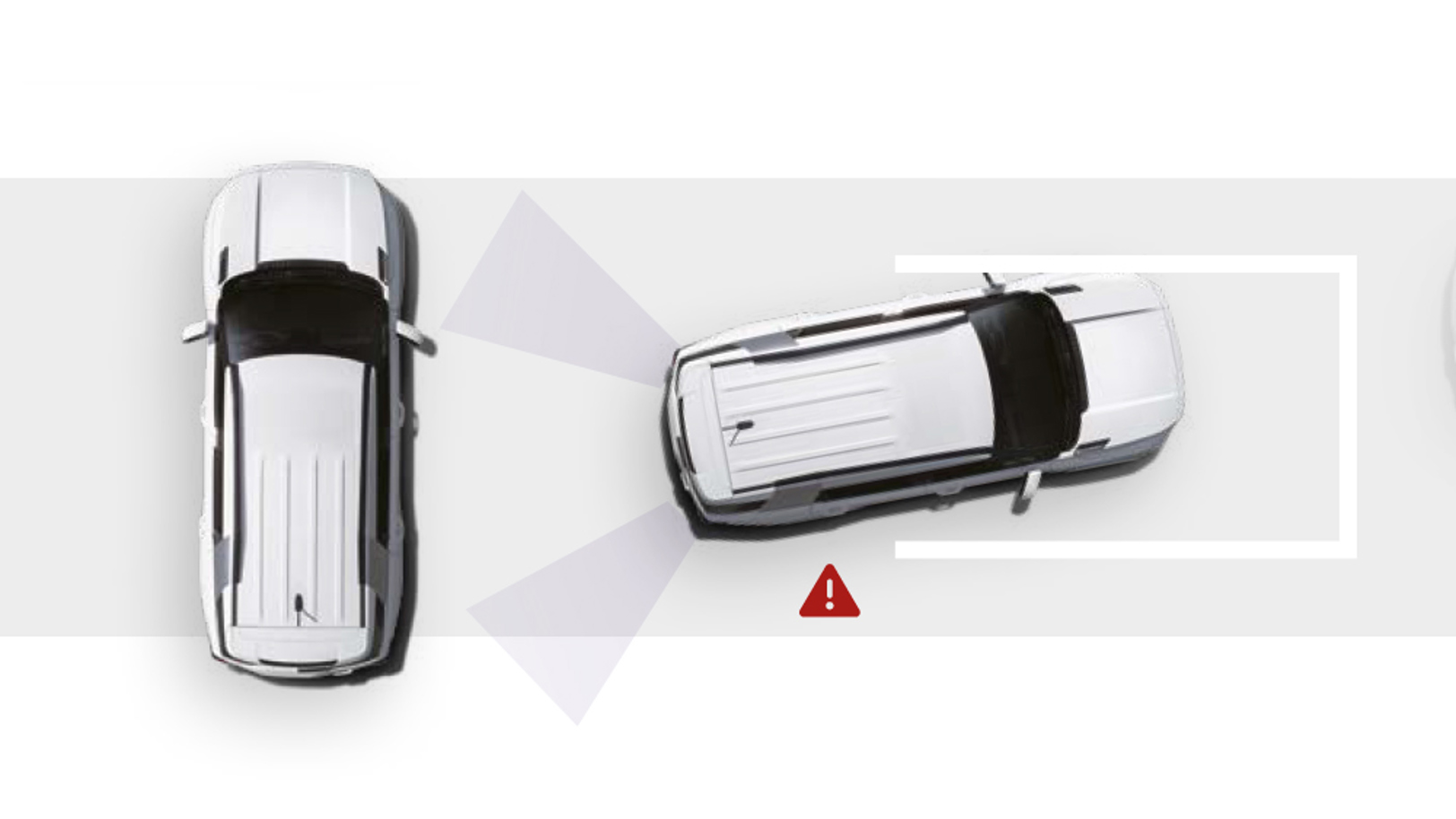
Rear cross traffic warning (rctw)
When reversing and an approaching vehicle is detected in its path, RCTW sounds an alarm and automatically applies the brakes to stop the vehicle and minimise the risk of collision.
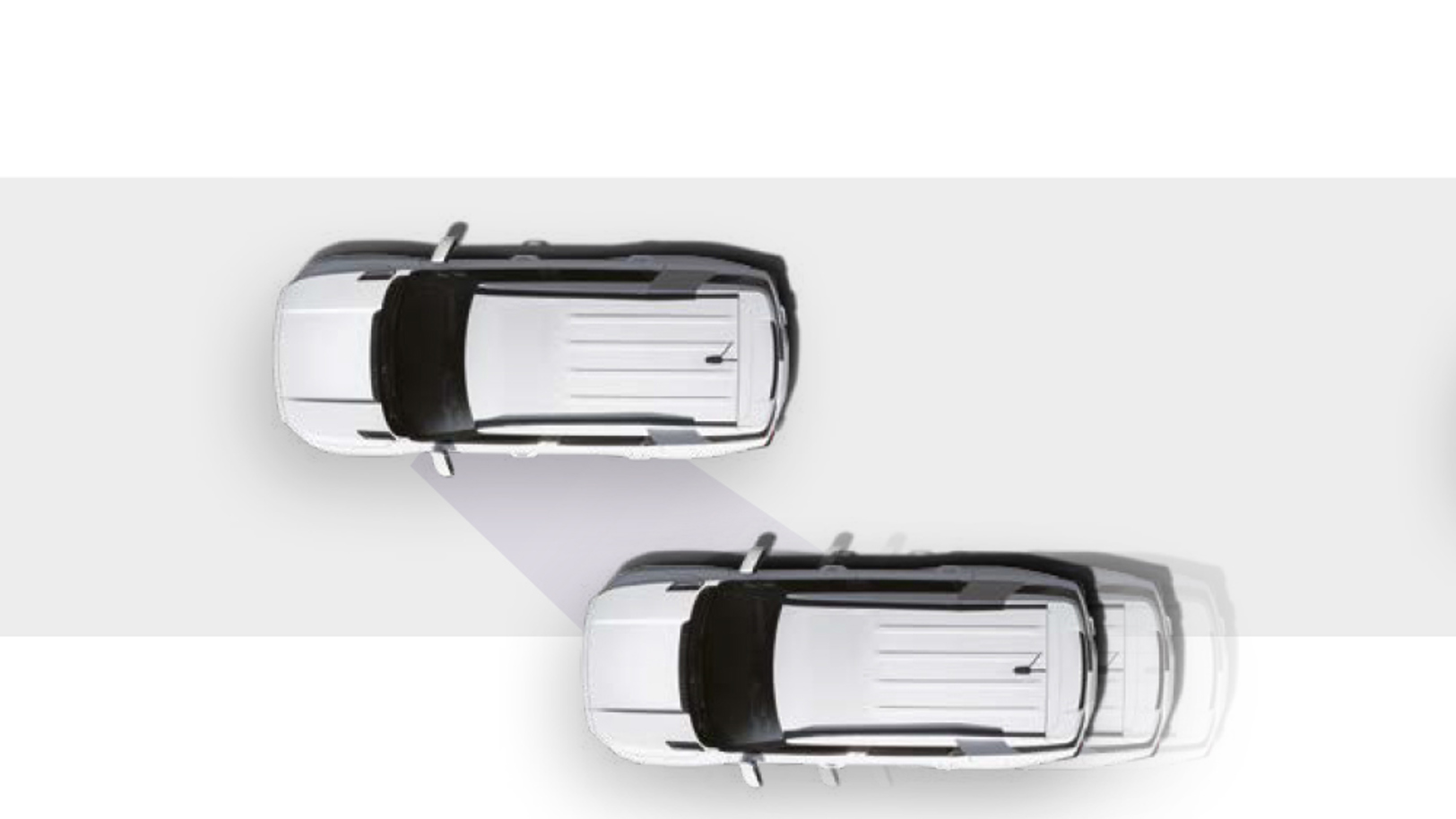
blindspot collision assist
When leaving from a parallel parking place and a vehicle approaches from the rear, this function will apply the brakes to prevent a collision.
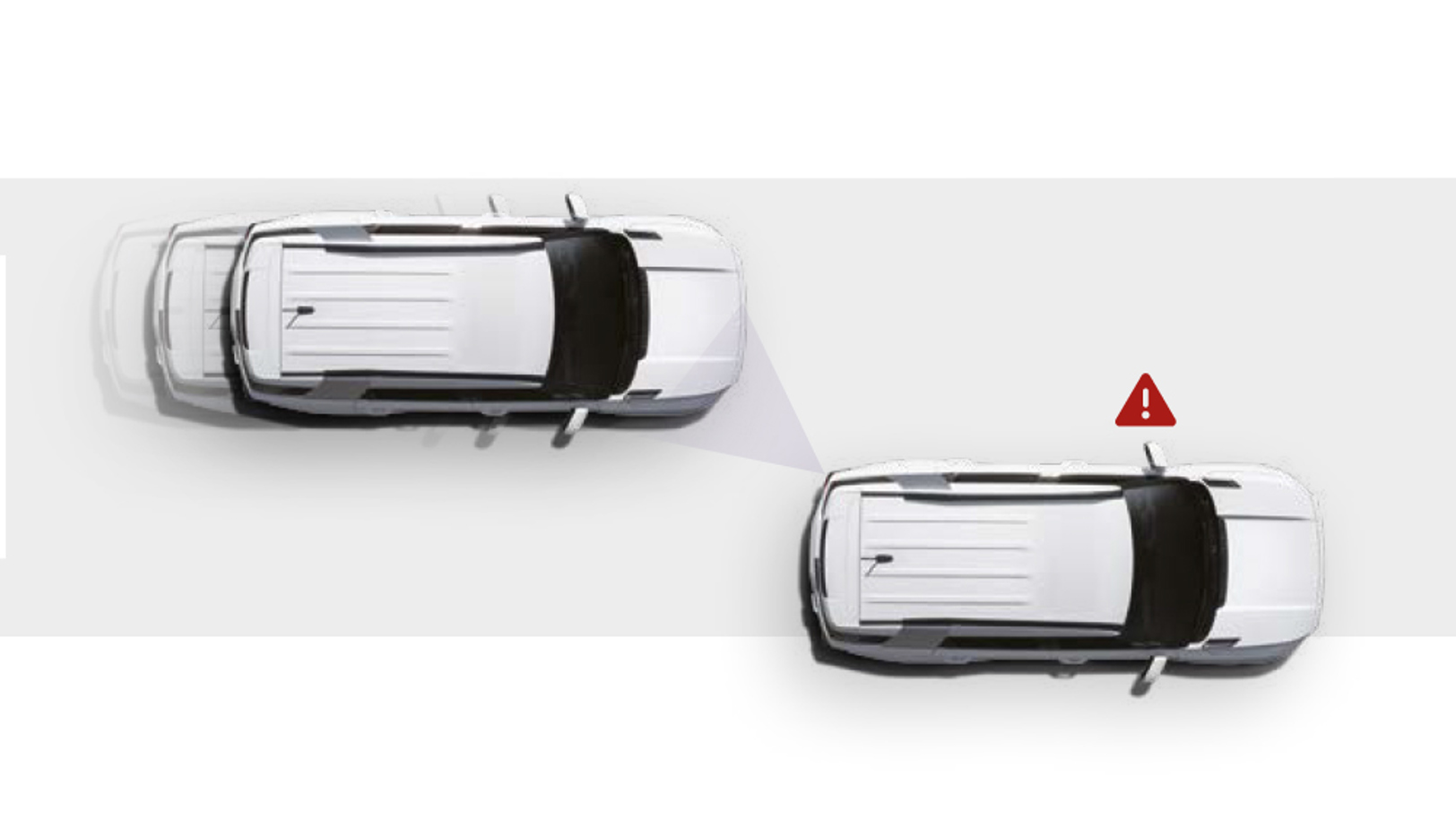
Safety exit warning (sew)
Warns of the risk of collision with vehicles in the blind spot when an occupant opens a door to get out of the vehicle once stationary.

